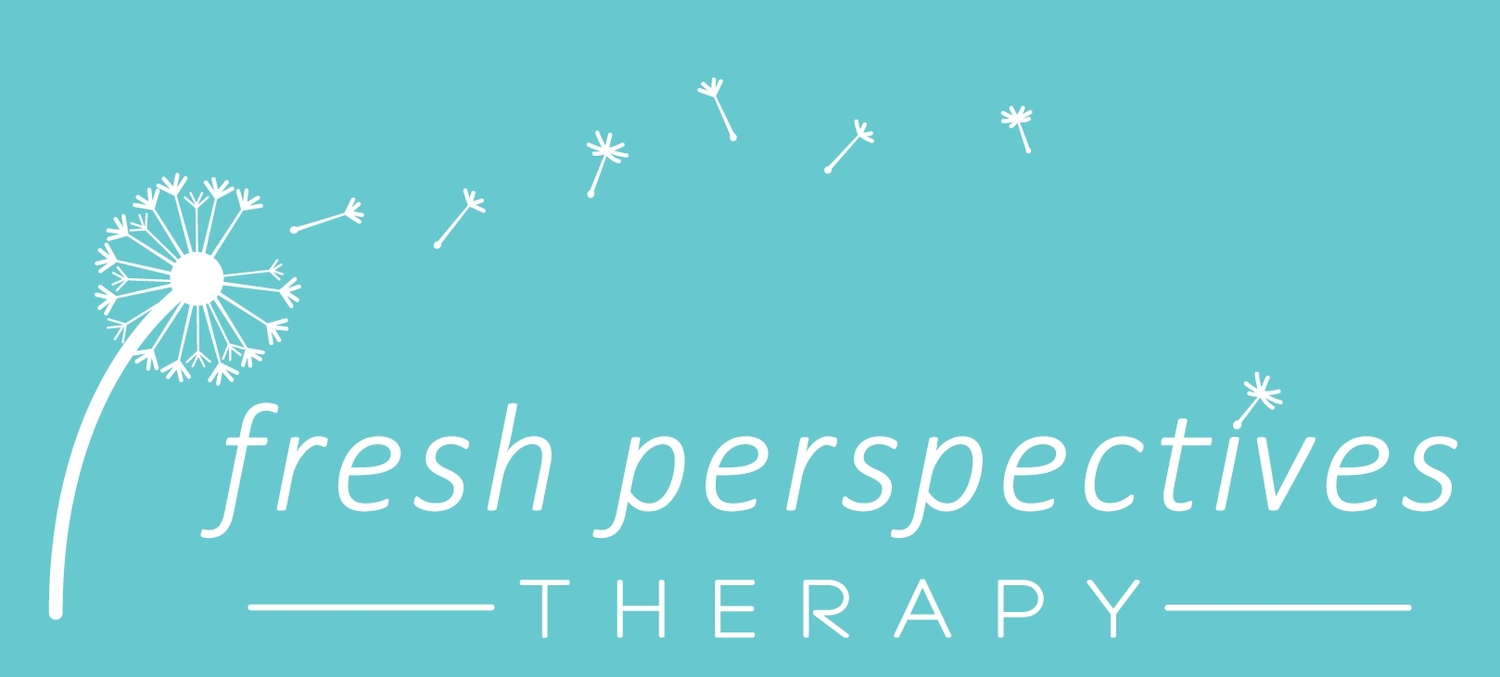It is estimated that about 6.7% of adults in the United States experience a major depressive episode each year and 3.3% of teens, ages 13-18, have experience a debilitating depressive disorder. Women are about 70% more likely than men to experience depression during their lifetime (NIMH). Although major depression and its symptoms are discussed more frequently and openly in our society today than ever before, there are still many misconceptions about depression and many people with the diagnosis struggle with knowing how to talk to their family about it. The truth is, support from close friends and family plays a key role in the success of treatment.
Having people who love you on your side can be a relief but it can also feel stressful to have well-meaning people saying things they think are supportive but actually are hurtful or damaging. Why is it so helpful to have family and friends at least somewhat involved in treatment? Having an honest talk with family will give you a chance to educate them about what you are really going through, allow you to set up some healthy boundaries, and give them clear guidelines as to what you need from them and what behaviors are unhelpful. Family members or close friends can also be a great way to stay accountable to your efforts and goals in therapy.
So how can you get the conversation started? Regardless if you are struggling with depression and trying to reach out or if you are looking for a way to bring up to someone that he/she might be depressed, it starts with finding a safe, quiet time and place to talk.
- Avoid starting the conversation in the middle of a heated discussion or when the other person is in the middle of something.
- Starting the conversation off on the right foot is paramount. Try an opening line such as, “I have some things on my mind, is now an okay time to talk?”
- Utilize “I” statements to keep the focus on your experience and to avoid the conversation from feeling like an attack.
- “I’m noticing that I don’t feel or act like myself anymore. I’m very down most of the time and I feel afraid. I need your help”
- “I’m feeling concerned about you and want you know I’m open to talking about this honestly.”
- Have some resources on hand to help further educate your friend or family member, such as books or articles written by mental health professionals or published by trustworthy organizations.
- Set ground rules. Let them know when it is okay and when it is not okay to discuss or ask questions about your experience with depression. Make it clear if you would like someone to be involved in your treatment in therapy (if they are willing, of course) or if that is a space just for you.
- Let others know what is helpful to hear and what is very discouraging to hear, even if they mean well.
- “Cheer up”, “Get over it”, “Stop feeling sorry for yourself”, “Stop making excuses” or anything along these lines is NOT helpful. “Just cheer up” is not an option for a person with depression.
- “I can’t know exactly how you’re feeling right now but I’m open to hearing about it. I’m here for you whenever you need” is a much more productive, helpful statement.
- If you are struggling with depression, it is likewise unhelpful to minimize or undermine the severity of your feelings and symptoms to others. Try to be honest about what you’re going through.
- If you are aware of the signs and symptoms you tend to display when things are getting worse for you, let your trusted friends and family members know so they can assist you in getting the help you need.
- Let others know what is helpful to hear and what is very discouraging to hear, even if they mean well.
Communication is of vital importance in the treatment of depression. Please do not hesitate to reach out to a licensed mental health professional.
If you are having thoughts of hurting yourself, please dial 911 or call a suicide prevention hotline at 1-800-273-8255.

